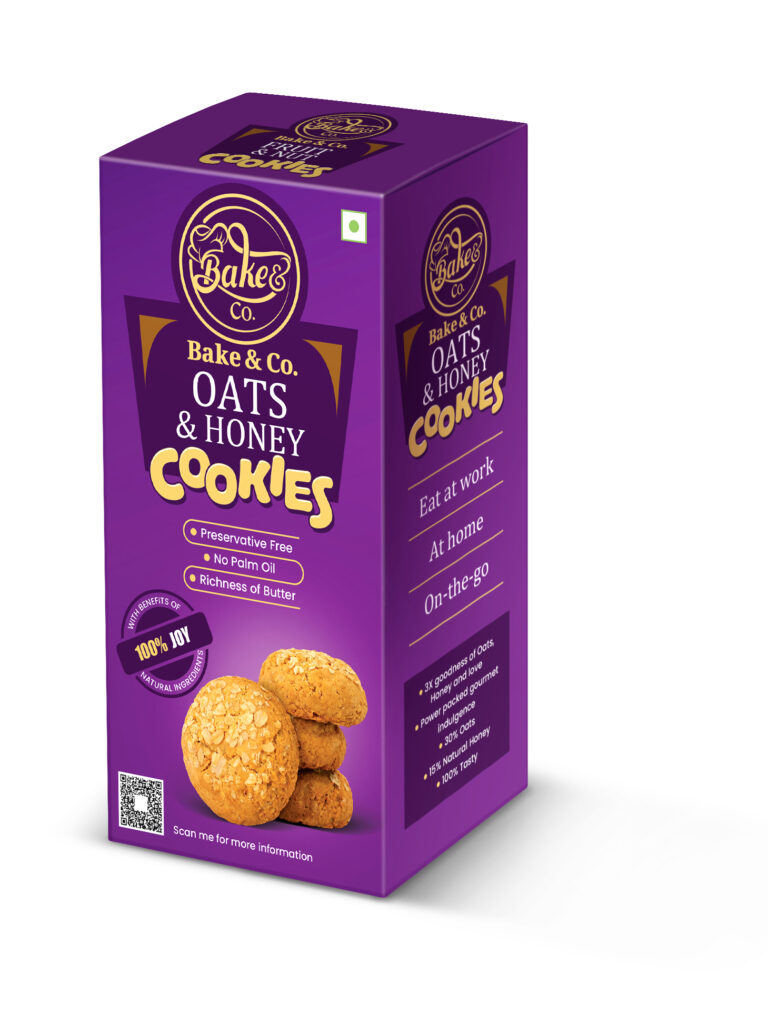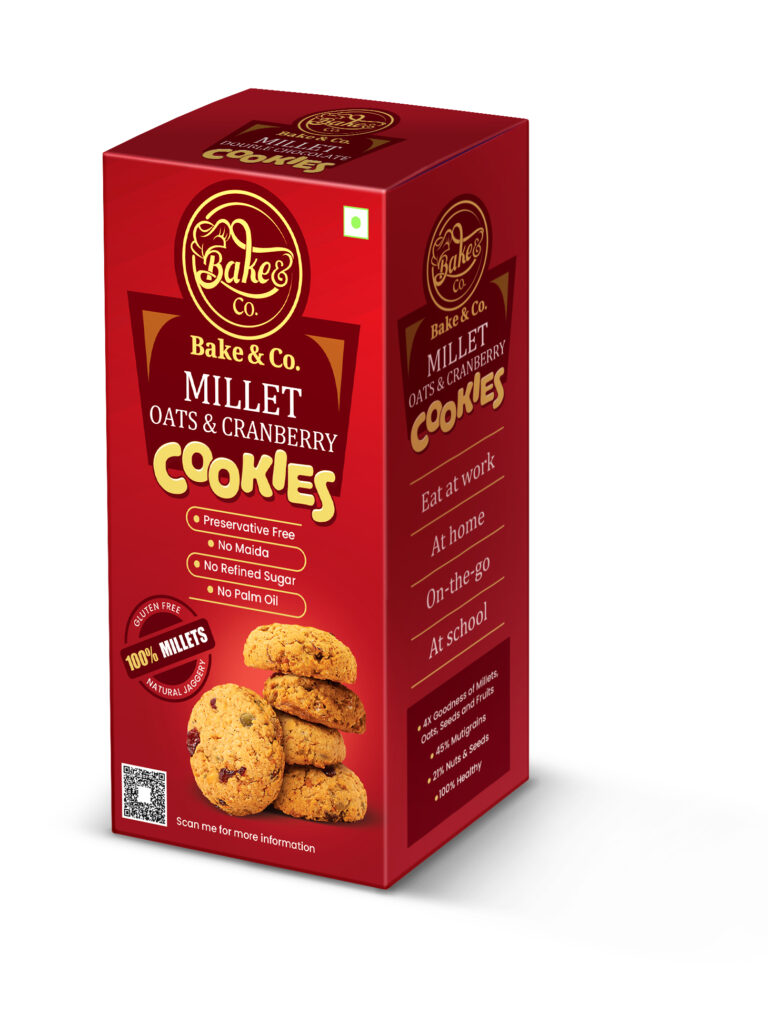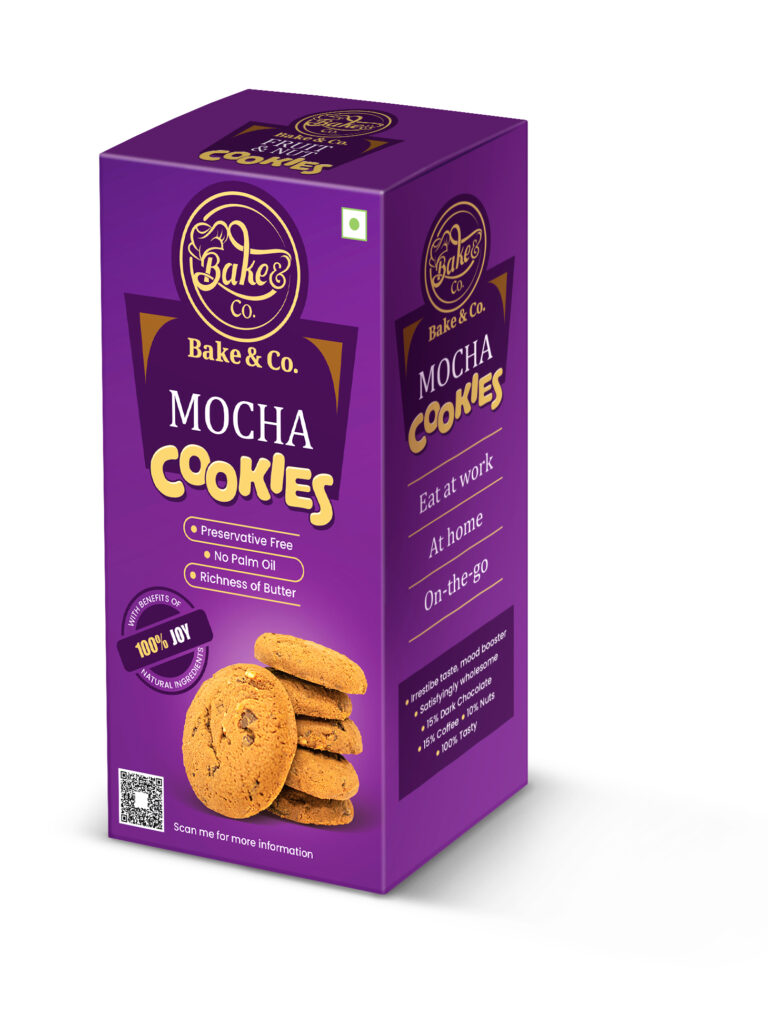Baking for special diets can be a delightful challenge, especially when you want to cater to different dietary needs without compromising on taste or texture. Whether you’re baking gluten-free, vegan, or accommodating other special diets, here are some essential tips and recipes to ensure your baked goods are delicious and inclusive.
The first step to creating the perfect vegan chocolate chip cookies is choosing the right ingredients. Since vegan baking avoids all animal products, you’ll need to replace traditional ingredients like butter, eggs, and milk with plant-based alternatives.
Choose the Right Flour: Gluten-free baking requires replacing traditional wheat flour with alternatives like almond flour, rice flour, or a gluten-free all-purpose flour blend. These flours can vary in texture and flavor, so it’s often best to use a mix of flours to achieve a balanced taste and structure in your baked goods. For example, a combination of almond flour and coconut flour works well in cookies, while a blend of rice flour and tapioca starch is great for cakes.
Add Binding Agents: Since gluten-free flours lack the elasticity of wheat flour, it’s crucial to include binding agents such as xanthan gum, psyllium husk, or chia seeds. These ingredients help mimic the stretchy, chewy texture that gluten provides, ensuring your baked goods hold together well and have the right consistency.
Moisture Matters: Gluten-free flours can absorb more liquid than wheat flour, which might lead to dry baked goods. To counter this, consider adding extra moisture in the form of applesauce, mashed bananas, or even a bit more oil. This will keep your cakes, muffins, and cookies tender and moist.
Egg Replacements: Eggs are a common ingredient in baking, but there are plenty of vegan alternatives that work just as well. Flax eggs (a mix of ground flaxseed and water), chia eggs, mashed bananas, or applesauce are popular choices. Each alternative adds its own texture and flavor, so experiment to see which one works best for your recipe.
Dairy-Free Milk and Butter: In vegan baking, replace dairy milk with plant-based options like almond milk, soy milk, or oat milk. Similarly, swap out butter for vegan butter, coconut oil, or even applesauce for a lower-fat option. These substitutes provide the necessary fats and moisture, ensuring your baked goods have a rich flavor and soft texture.
Leavening Considerations: When using egg replacements, your leavening (rising) process might change. Make sure to adjust the amount of baking powder or soda as needed, and consider adding a touch of vinegar or lemon juice to react with the leavening agents and create lift in your cakes and muffins.
Sugar-Free Baking: For those avoiding sugar, use natural sweeteners like stevia, monk fruit, or dates. These options provide sweetness without the added calories or blood sugar spikes associated with refined sugars. Just be mindful of how these sweeteners interact with other ingredients; some may require adjustments in liquid ratios.
Low-Carb and Keto-Friendly Baking: Almond flour and coconut flour are excellent low-carb flour alternatives. In addition to using low-carb sweeteners like erythritol or stevia, consider adding ingredients like coconut oil, cream cheese, or heavy cream to enhance the richness of your baked goods while keeping them keto-friendly.
At Bake and Co., we understand the importance of catering to various dietary needs without compromising on taste. Our range of gluten-free and vegan cookies are made with carefully selected ingredients to ensure that everyone can enjoy a delicious treat. By using alternatives like almond flour, coconut oil, and natural sweeteners, we create products that are not only inclusive but also packed with flavor and nutrition.







